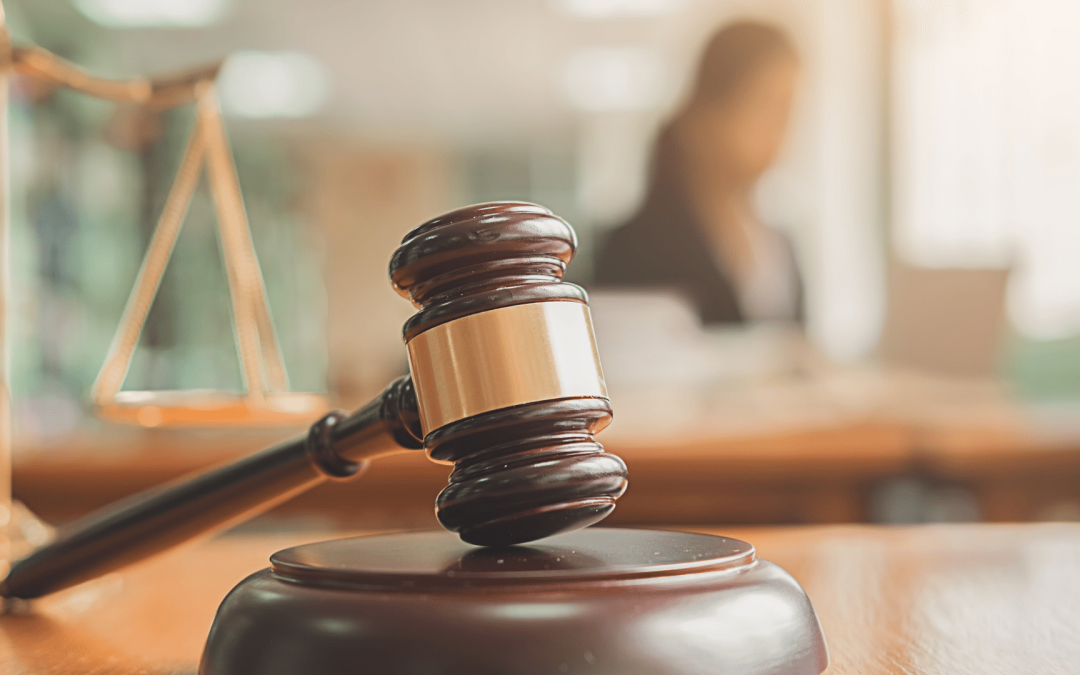Although the case played out in courtrooms several years ago, King v. U.S. Bank is as relevant as ever in today’s increasingly litigious society. Corporate leadership and human resource departments would serve themselves —and their bottom lines — well by revisiting the case and reviewing U.S. Bank’s missteps in the handling of discrimination and harassment claims.
The Background
U.S. Bank employee Timothy King was accused by two of his direct reports, Thakur and Flinn, of gender discrimination and harassment. Upon learning of the allegations, U.S. Bank tasked their human resources generalist with investigating. Ultimately, the investigator upheld the allegations, and U.S. Bank terminated King’s employment.
King sued U.S. Bank for defamation and wrongful termination. The Court found that U.S. Bank failed to conduct a thorough, unbiased investigation and, more, defamed King in their findings. Further, since the investigator made the findings as a representative of U.S. Bank, the company was liable for her mistakes.
The Problem with U.S. Bank’s Decision to Terminate King
What could have prevented the U.S. Bank from paying King $17,179,392 in compensatory and punitive damages?
There are three significant missteps in the investigation to note:
- The investigator did not interview the accused. The Association of Workplace Investigators (AWI), in its Guiding Principles, states the importance of questioning the accused as key to an investigation. In King v. U.S. Bank, King was never personally interviewed. Had he been, he would have presented legitimate business reasons for the decisions he made as a supervisor. Instead, the investigator heard from multiple witnesses around King, all of whom shared negative perspectives, leading the investigator to conclude she had enough information to substantiate the allegations.
- The investigator did not properly weigh the complainants’ credibility. For example, King had documented performance concerns for Thakur and Flinn; however, since he was never interviewed, that evidence never made it into the investigation. In addition, Thakur told the investigator he believed King was part of “the mob.” The investigator doubted the believability of this statement but did not think to question Thakur’s credibility.
- The investigator didn’t research company policies and procedures and therefore failed to gather critical evidence. One of the accusations made by the complainants was that King instructed Thakur to invent dates for initiative meetings that did not happen and input them into the company’s files. While the investigator did find that King had instructed her to input such entries, the investigator made no effort to understand the company’s system or typical procedures for data entries. Had the investigator looked into it, she would have seen that U.S. Bank did not customarily require supervisors to input meetings immediately after they were conducted and that it was customary to input groups of meetings well after they had occurred.
King v. U.S. Bank shows how important it is to ensure trustworthy data and analysis support your company’s investigative findings. Remember, a workplace investigation doesn’t need to be perfect, but it should be timely, comprehensive, and fair.
Should your organization find itself navigating workplace discrimination or harassment claims, please feel free to contact Ablin Law by telephone (312.288.2012), text (773.230.4386), or email rachel@ablinlaw.com.


Recent Comments